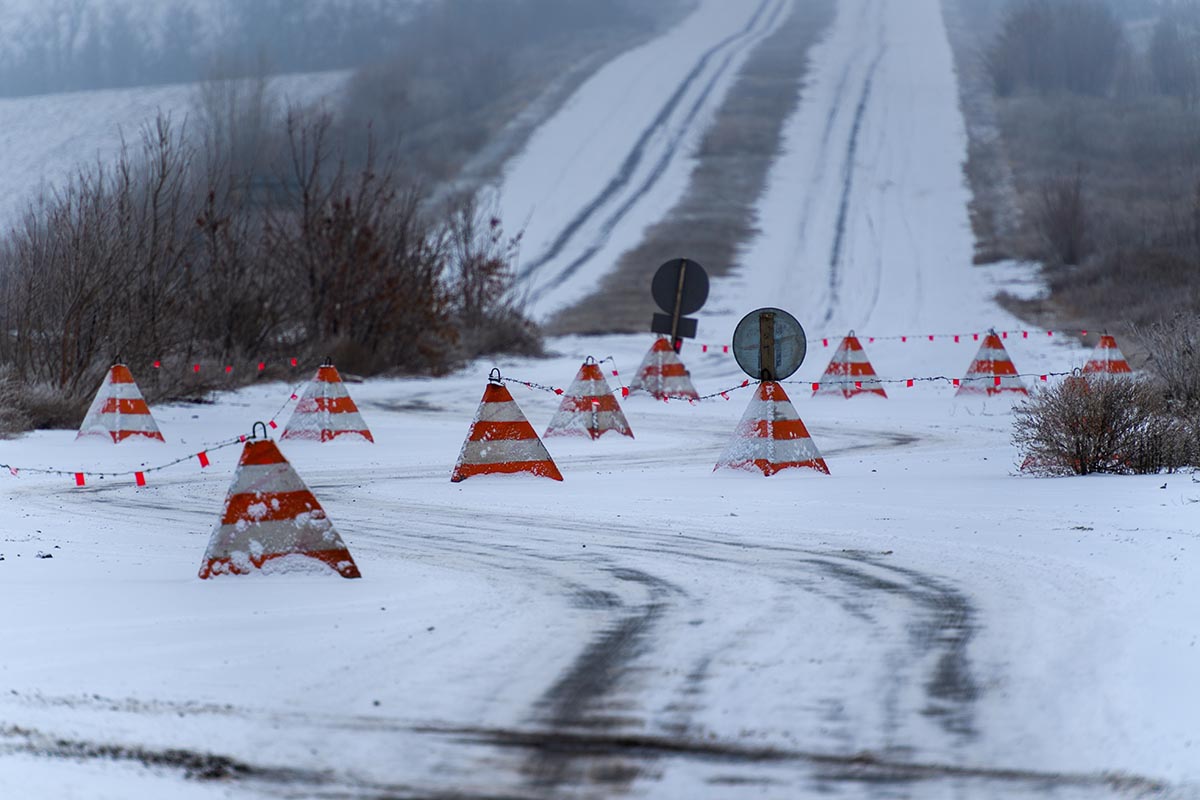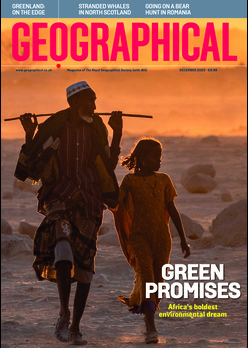
Tim Marshall looks ahead to the final quarter of the year and takes an overview of the big issues around the world
Geopolitical Hotspot
We’re well into Q4 time – the fourth quarter of the year. Time to look ahead to some of what’s coming up before we cycle back around to Q1.
Let’s start with another Q. What makes Russia think that it can still win in Ukraine, when it hasn’t won in eight months? We don’t have an answer, and that makes us nervous because we don’t know what may be coming. Tactical nuclear weapons are one possibility, carpet bombing Kyiv is another. Or perhaps Moscow no longer thinks it’s going to win and so will escalate to de-escalate ahead of a ceasefire. What can be said with a degree of confidence is that the war won’t stop before year’s end.
Winter is re-entering the fray. Icy roads and muddy terrain will limit some fighting and parts of the 800-kilometre front line may be frozen but at the moment, Ukranian forces remain on the front foot.
Politicians in the European capitals will take a keen interest in their temperature gauges. The lower the temperature – the lower the levels in the continent’s gas storage tanks. A severe winter could lead to gas rationing. This is unlikely in Q4 as the coldest months are January and February, and current forecasts are for relatively mild temperatures.
Nevertheless, Russia will continue to try to keep gas flows low and our bills high, hoping that public pressure will cause governments’ resolve on sanctions to crumble. A decision on renewing sanctions is due in January.
The Ukraine war has also affected food prices, which are now biting ever harder in poorer countries such as Egypt – a recipe for social unrest.
By the time you read this, China will almost certainly have anointed President Xi as general secretary of the Communist Party for the third of his two terms in office. No, that’s not a typo. For decades, there has been a two-term limit but Xi has ensured that this doesn’t apply to him. He’s vowed to bring Taiwan back under Beijing’s control, but we’re unlikely to see an immediate uptick in tensions around the island unless Nancy Pelosi decides to get some more air miles under her belt with a return visit.
Speaking of the house speaker – Mrs Pelosi is expected to retire within weeks of the 8 November mid-term elections. However, the 82-year-old is being coy about confirming this. Waiting for the results perhaps?
The Iranian government will spend Q4 repressing its volatile younger generations while simultaneously planning for the next generation of Ayatollah to take over so that repression can continue. The recent violent anti-government demonstrations have reminded them that if the ageing Supreme Leader, Ayatollah Ali Khamenei, dies during another round of protests they may face an even greater struggle to suppress them. The ‘Assembly of Experts’ is busy getting its ducks in a row for as smooth a transition of power as possible. Khamenei is 82 and may not have taken kindly to the recent burning of his portrait and chants of ‘Death to the Dictator!’ heard across the country.
The leadership is also currently negotiating a deal with US and European officials about a return to the Joint Comprehensive Plan of Action meant to ensure that Iran can’t build and deliver nuclear weapons. An agreement is unlikely by the end of the year and if talks fall apart next year, tensions between the USA and Iran, and Israel and Iran, will heighten.
Next door, in Afghanistan, the arrival of winter will heap even greater misery onto a beleaguered population and increase pressure on governments in several countries to find ways to send help without benefitting the Taliban. Naive predictions that we would see a relatively more liberal ‘Taliban 2.0’ have proven to be as hapless as they sounded a year ago.
Hopes for a ceasefire in Ethiopia have been dashed by renewed fighting in the north between government forces and the Tigray People’s Liberation Force. This is likely to continue through the next few months. An agreement next year remains possible but the numerous ethnic differences in a fractured country mean that Ethiopia is unlikely to be at peace with itself for the foreseeable future.
Skirmishing between Azerbaijan and Armenia over Nagorno-Karabakh may break out between now and year’s end, but behind the scenes, negotiations are taking place to resolve territorial differences. This brings us back to Russia and Ukraine. It was notable that the round of fighting in September came shortly after Russian peacekeeping forces in Nagorno-Karabakh were withdrawn and sent to the Donbas. On the positive side – the presidents of the two countries are due to meet in Brussels in November.
Oh, and there’ll be some football played in Qatar.




